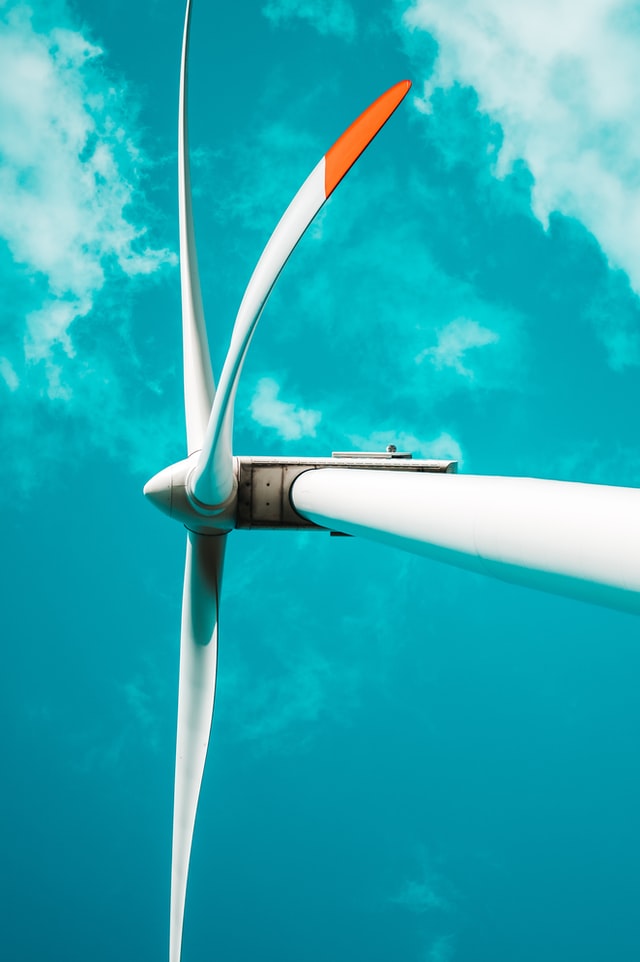Friday news roundup November 13, 2020

The UK’s opposition Labour Party is calling on the government to create green jobs. The party’s shadow business and industrial strategy secretary Ed Miliband has called on the Conservative government to avoid reinstating its former austerity policies and combat the coronavirus recession by enacting a green investment stimulus that will create 400,000 jobs instead. In a new economic blueprint drawn up with input from trade unions and businesses, Labour proposes upgrading ports and shipyards to build offshore wind farms, hastening the manufacture of electric buses, and creating a National Nature Service to plant trees and develop conservation projects. The party is also calling for homes to be retrofitted for energy efficiency, the expansion of carbon capture, new railways, and increased investment in flood defences, prioritizing regions like the North West, Yorkshire, and the East Midlands. They want the government’s chief finance minister Rishi Sunak to commit to at least £30 billion in capital investment over the next 18 months.
Women’s enrolment at Australia’s universities has massively declined in 2020. Overall, according to data from the Australian Bureau of Statistics, Australians are studying less in 2020, with the total number of tertiary students dropping by 112,500 when comparing May 2020 to May 2019. Women make up three-quarters of the overall student decline, numbering 86,000. Women over 25 have seen the greatest drop, by 59,200 enrolments. There has, however, been an increase in the number of older men (over 25) enrolling, up by 26,000. Past recessions have alternatively seen the number of people going to university increase. The Covid-19 pandemic has seen industries in which women are overrepresented hit the hardest whilst their share of unpaid caring work has also increased, with many women being forced to leave the workforce altogether. Some are referring to the unusual circumstances as a “pink, or pink-collar recession.”
Robots could be ready to take on more manual tasks in the supermarket industry. Ocado, the world’s largest dedicated online supermarket, already has a highly automated warehouse in which hundreds of robots move around a grid collecting groceries, before delivering them to a human member of staff for packing. Until now, packing those groceries, of many different sizes, shapes, and levels of fragility, has relied on human input because the economics of the business requires a skill for efficient packing that robots just don’t have. However, that could be about to change with new, more sensitive, robotic sorting systems. Ocado now hopes to have a robot that can replace human pickers within two to three years. James Matthews, chief executive of Ocado Technology, believes there will still be many human-led activities. Robots like this have a level of supervised autonomy, where humans monitor and control multiple robots remotely, stepping in at critical moments when the robots need help.
A new report from Deutsche Bank suggests taxing working from home could benefit those displaced by coronavirus. During the pandemic, the proportion of Americans who worked from home increased ten-fold to 56%; the increase in the UK was seven-fold, to 47%. A Deutsche Bank (DB) survey reveals that, post pandemic, more than half of the people who worked from home want to continue it permanently for two or three days a week. DB suggests that to counteract this potential move away from a business and economic infrastructure that was set up to support face-to-face working, companies that no longer supply their employees with an office-based desk could be taxed every day their employees work from home. Employees who have an office desk but choose to work from home could be taxed directly for each of the days they work from home. DB says the money could then be used to support those people whose jobs are being displaced by the pandemic.